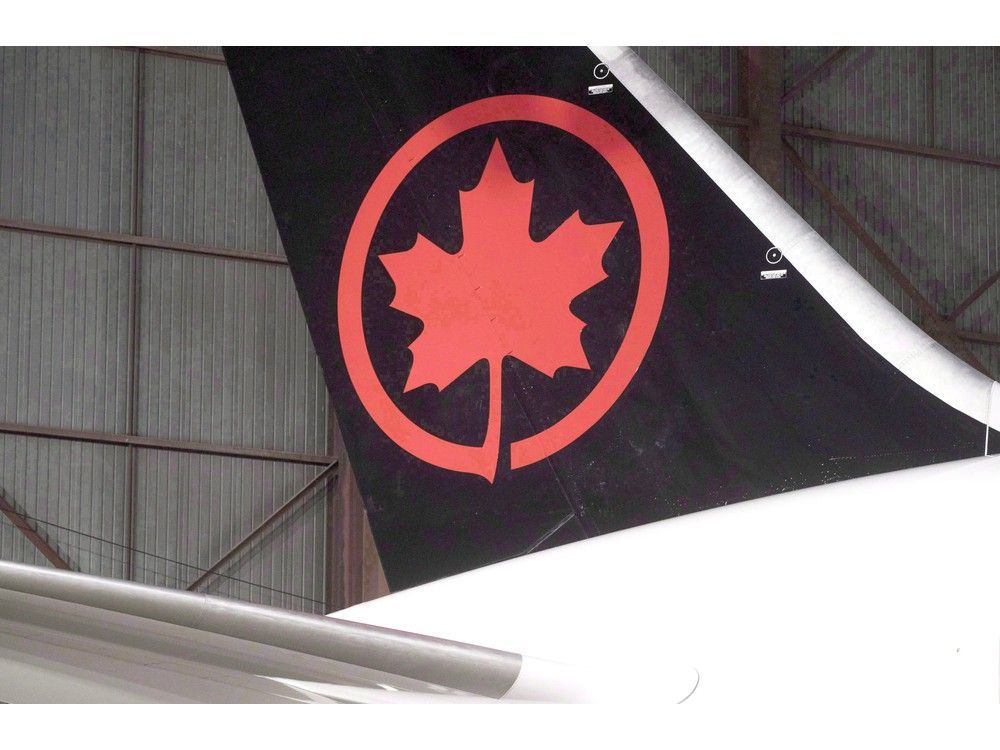Subtitle:
Rising costs, soft demand, and operational hurdles dent airline’s second-quarter performance
News Report:
Air Canada has reported a decline in its second-quarter earnings, citing a “challenging environment” marked by increased costs, fluctuating demand, and lingering operational disruptions.
The country’s largest airline posted a noticeable dip in net income and profit margins compared to the same period last year. Executives pointed to higher fuel prices, volatile travel patterns, and ongoing staffing constraints as key factors behind the dip in performance.
“Despite strong travel demand in certain markets, we faced headwinds that impacted our Q2 financials,” said Michael Rousseau, President and CEO of Air Canada, in a statement. “The environment remains dynamic, and we are focusing on operational efficiency while maintaining service quality.”
The airline also highlighted the increasing competition from low-cost carriers and international operators, putting additional pressure on fares and yields. Meanwhile, operational challenges—including aircraft delivery delays and staffing shortages—have added to the financial strain.
Still, the airline remains cautiously optimistic for the latter half of the year. Bookings for late summer and fall travel are holding steady, and cost-control strategies are being implemented to stabilize margins.
Air Canada says it continues to invest in fleet modernization and customer experience enhancements, but warns that global uncertainty, especially around fuel prices and geopolitical tensions, could continue to impact the aviation sector in the quarters ahead.
The airline will be closely watched in the coming months as investors and analysts assess whether it can rebound in the second half of 2025.

